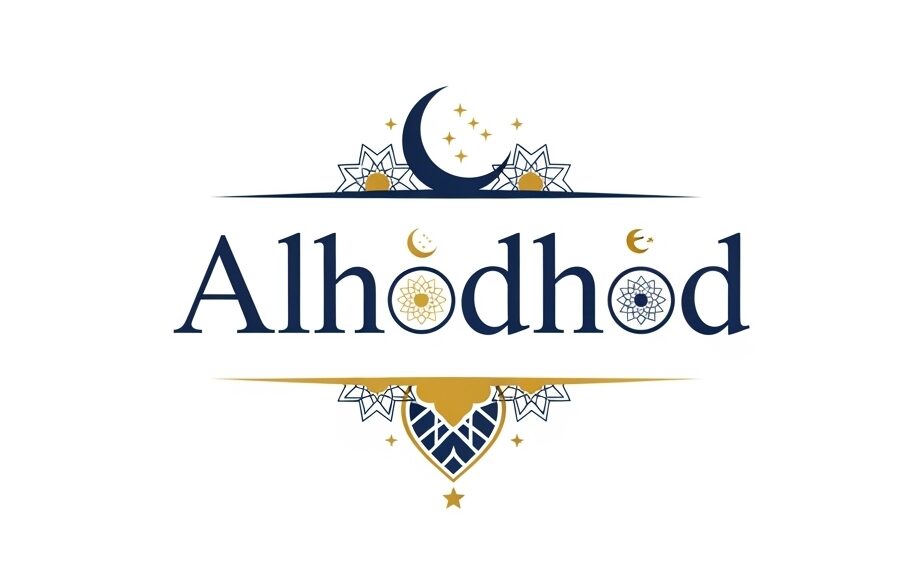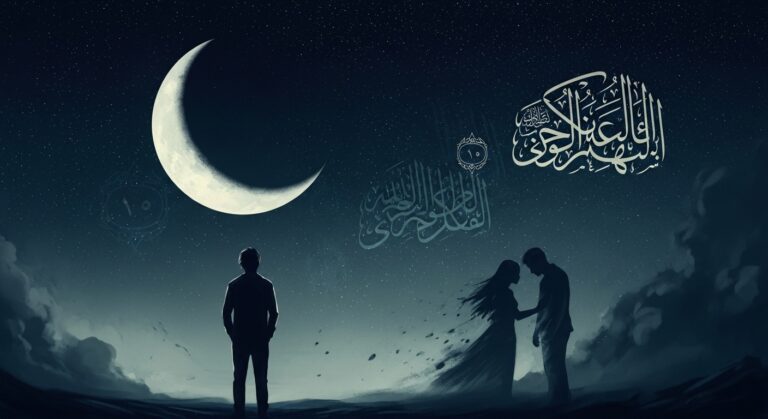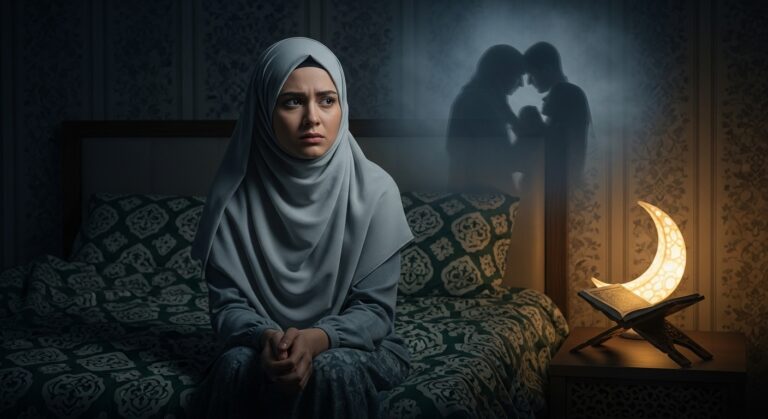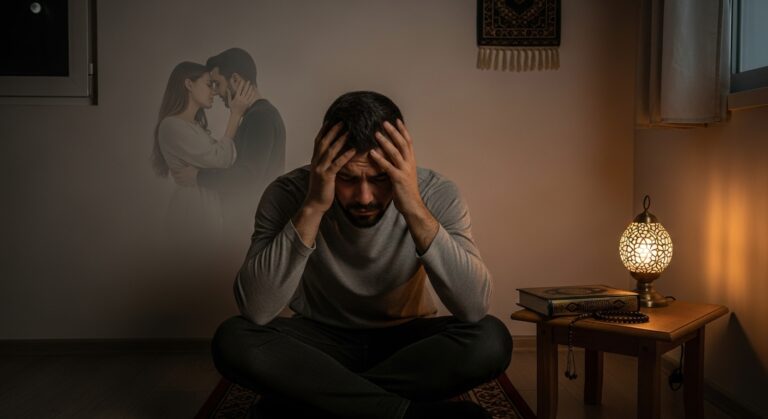Islamic Dream Interpretation (AlHodHod): Understanding Dreams in Islam from A to Z
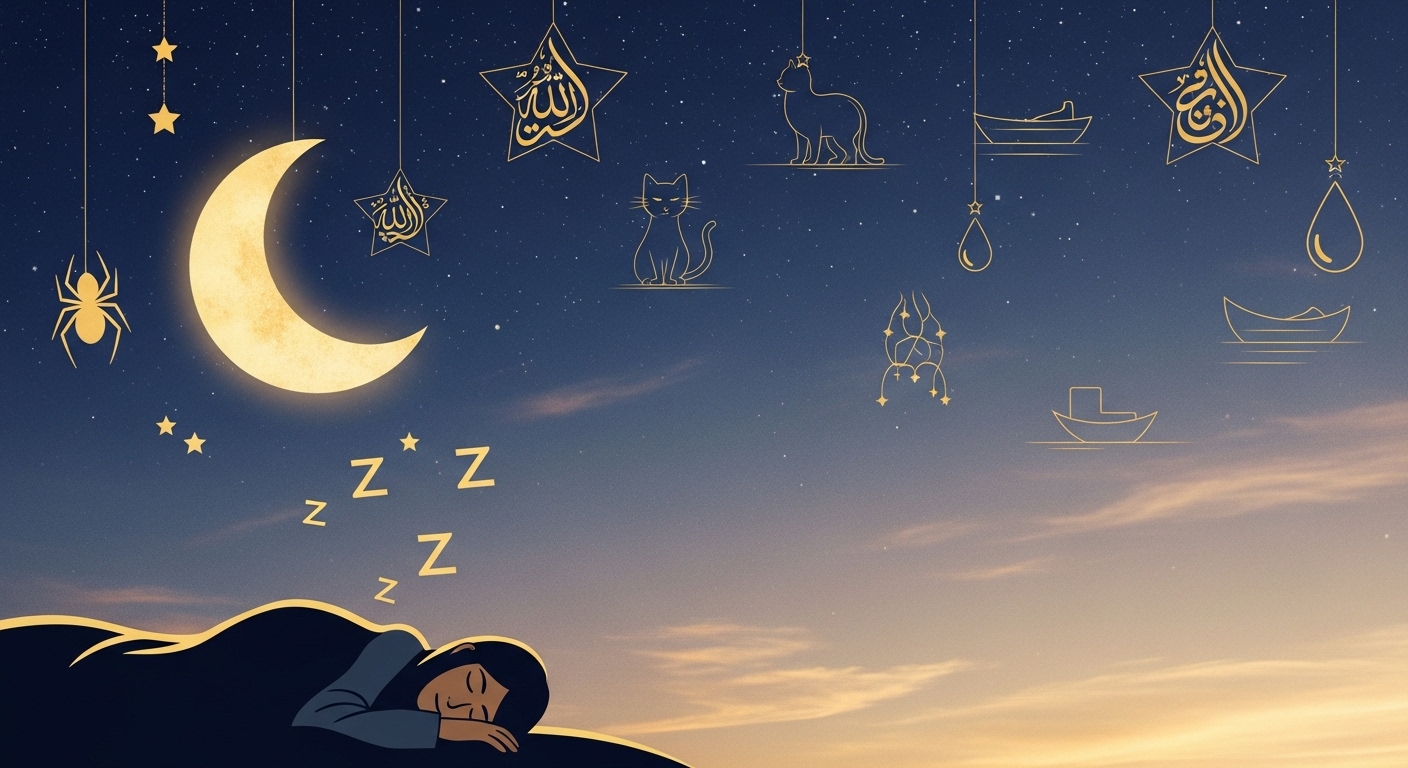
Islam has long held dreams as powerful channels of divine communication. From the time of the Prophet Muhammad ﷺ, dreams have been a means through which believers receive signs, warnings, or comfort from Allah. In this article, we’ll explore the interpretation of dreams in Islam, as understood through traditional sources—while integrating the style and keyword reach of platforms like AlHodHod.
What is AlHodHod?
AlHodHod is a widely-known online platform for Islamic dream interpretation in French-speaking regions. It specializes in offering clear, spiritually grounded meanings for dreams, often categorized from A to Z. The keyword “interprétation des rêves en islam alhodhod” has become synonymous with authoritative, faith-based dream guidance.
Interpretation des Rêves en Islam – From A to Z
In Islam, dream interpretation is known as Tafsir al-Ahlam (تفسير الأحلام). The process isn’t superstition—it’s rooted in Quranic stories, hadith, and the scholarly work of masters like Ibn Sīrīn, who authored one of the earliest dream dictionaries.
The interpretation des rêves en islam alhodhod approach emphasizes three types of dreams:
- Rahmānī (from Allah) – True dreams, often symbolic and meaningful
- Nafsānī (from the self) – Dreams reflecting daily thoughts or emotions
- Shayṭānī (from Shaytān) – False or disturbing dreams
The site AlHodHod en français aims to help users distinguish among these dream types through accessible language and Quranic backing.
Why Are People Searching for ‘Interpretation Rêve Islam AlHodHod’?
There are many platforms offering dream meanings, but Al Hodhod stands out for:
- Its dictionnaire de rêve de A à Z, which simplifies complex symbols
- Clear references to Islamic sources
- Covering both common symbols (blood, spiders, cats) and rare signs
- Dual language support (French + Arabic origins)
For instance, “rêver de sang islam” on the site may represent sin, repentance, or injustice depending on context—aligning with the views of classical Islamic scholars.
Islamic Meaning of Common Dreams (Interprétation des Rêves en Islam)
Let’s explore some of the most commonly searched dream topics on AlHodHod and similar platforms.
Rêver de Sang en Islam
In Islam, blood in a dream can have several meanings:
- If flowing from the body: It may represent a loss of spiritual power or integrity
- If coming from wounds: It may signal that sins are being exposed or purified
- Blood on clothes: Often linked to false accusations or betrayal
According to interpretation rêve islamique, the meaning depends on who sees it and in what context.
Rêver d’Araignée en Islam
Dreaming of spiders in Islam can carry mixed meanings:
- A spider weaving a web: Caution against hypocrisy or plotting
- A black spider: May symbolize a deceitful woman or dangerous environment
- A peaceful spider: Could be a sign of protection, referencing the story of the cave during Hijrah
As AlHodHod en français emphasizes, dreams of spiders should be viewed in the light of your own spiritual state.
Rêve Islam Chat – Cats in Islamic Dream Interpretation
Cats often symbolize protection of property, deception, or sometimes even jinn. Classical scholars offer varied interpretations:
- A friendly cat: Can symbolize a guardian or trustworthy person
- An aggressive cat: May represent betrayal, especially from someone close
Dictionnaire Islamique des Rêves – A-Z Format
AlHodHod and similar platforms use an A to Z dictionary format, such as:
- A – “Argent” (money): blessing or burden
- B – “Bateau” (boat): journey or escape
- C – “Chien” (dog): loyalty or internal enemy
- S – “Serpent” (snake): hidden enemy or toxic influence
The structure helps users quickly find dream meanings in an Islamic context.
Dreams of Islam: Spiritual Lessons Behind Every Symbol
Unlike Western dream dictionaries that focus on psychology alone, Islamic dream interpretation blends emotion, spiritual symbolism, and moral reflection. This is what makes “dreams of Islam” so distinct.
Dreams in Islam are often seen as:
- Messages from Allah
- Signs of future outcomes or spiritual tests
- A chance for self-correction or deeper Tawbah (repentance)
What to Do After a Powerful Islamic Dream?
If you have a meaningful or disturbing dream:
- Say: “A‘ūdhu biLlāhi mina sh-Shayṭān ir-rajīm”
- Do not tell everyone—only someone you trust or a scholar
- Pray for guidance, especially if the dream moves your heart
- Seek the meaning through trusted sources, such as AlHodHod or authentic tafsir
Why Use AlHodHod or Similar Sites?
Platforms like AlHodHod help bridge the gap for French-speaking Muslims looking for guidance. Their interprétation des rêves en islam de A à Z approach is:
- Faith-based
- Simple to understand
- Designed for both emotional clarity and spiritual alignment
Conclusion: Dreams in Islam Are a Window to the Soul
From rêver de sang to chat, araignée, or argent, every dream symbol in Islam holds deeper meaning. Whether you use AlHodHod, a dictionnaire islamique des rêves, or consult a scholar, the key is to reflect, correct, and trust in Allah’s guidance.
May your dreams always bring clarity, not confusion—and may you always wake with a heart closer to the truth.
